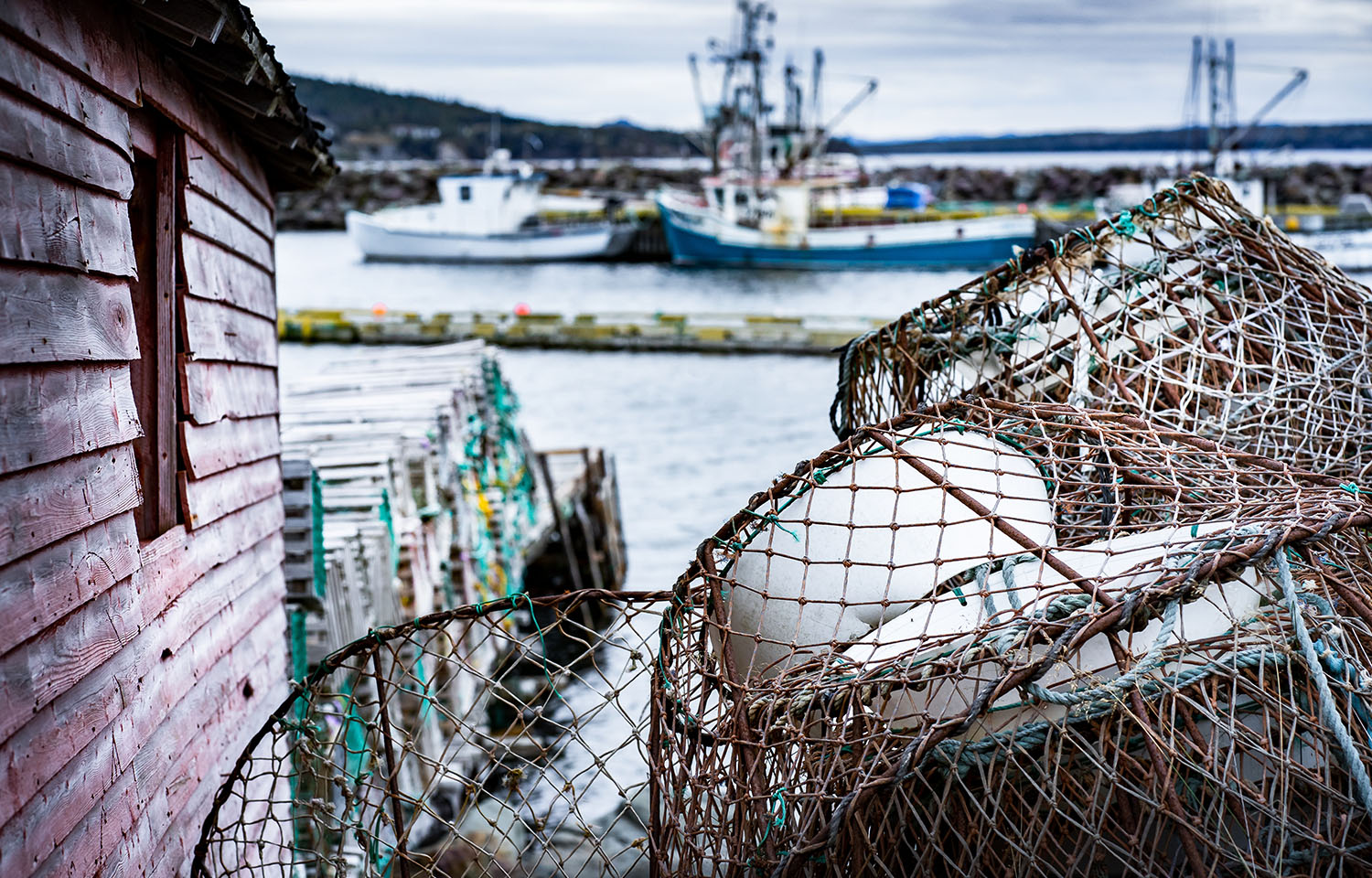A recent study by Greenpeace has revealed that retailers like Migros and Coop are not doing enough to meet climate protection goals. While these companies have a significant influence over the Swiss population, ultimately it is the responsibility of consumers to make changes in their consumption habits to reduce their impact on the environment.
Greenpeace’s research shows that around 30 percent of Switzerland’s total greenhouse gas emissions are attributed to Migros and Coop, even though they only contribute 1 to 2 percent of these emissions through their own operations. The majority of emissions come from suppliers and consumers, which is known as “Scope 3” emissions. For instance, Coop sees almost half of its Scope 3 emissions coming from animal products and sales of petrol, diesel, and heating oil.
Both Migros and Coop have committed to achieving net zero emissions by 2050, which means they indirectly take responsibility for the actions of consumers and suppliers in their efforts to reduce emissions. However, it is important for individuals to assess their carbon footprint and consider making changes to reduce it. This could include consuming less meat or driving less.
Placing the burden solely on companies like Migros and Coop is not a sustainable solution, as consumers play a significant role in driving demand and consumption patterns. It is essential for individuals to take responsibility for their own consumption habits and make informed choices to reduce their impact on the environment.
In conclusion, while retailers like Migros and Coop have a significant influence over the Swiss population, ultimately it is up to consumers to take responsibility for reducing greenhouse gas emissions. By making informed choices about consumption habits, individuals can play a crucial role in protecting the environment.


